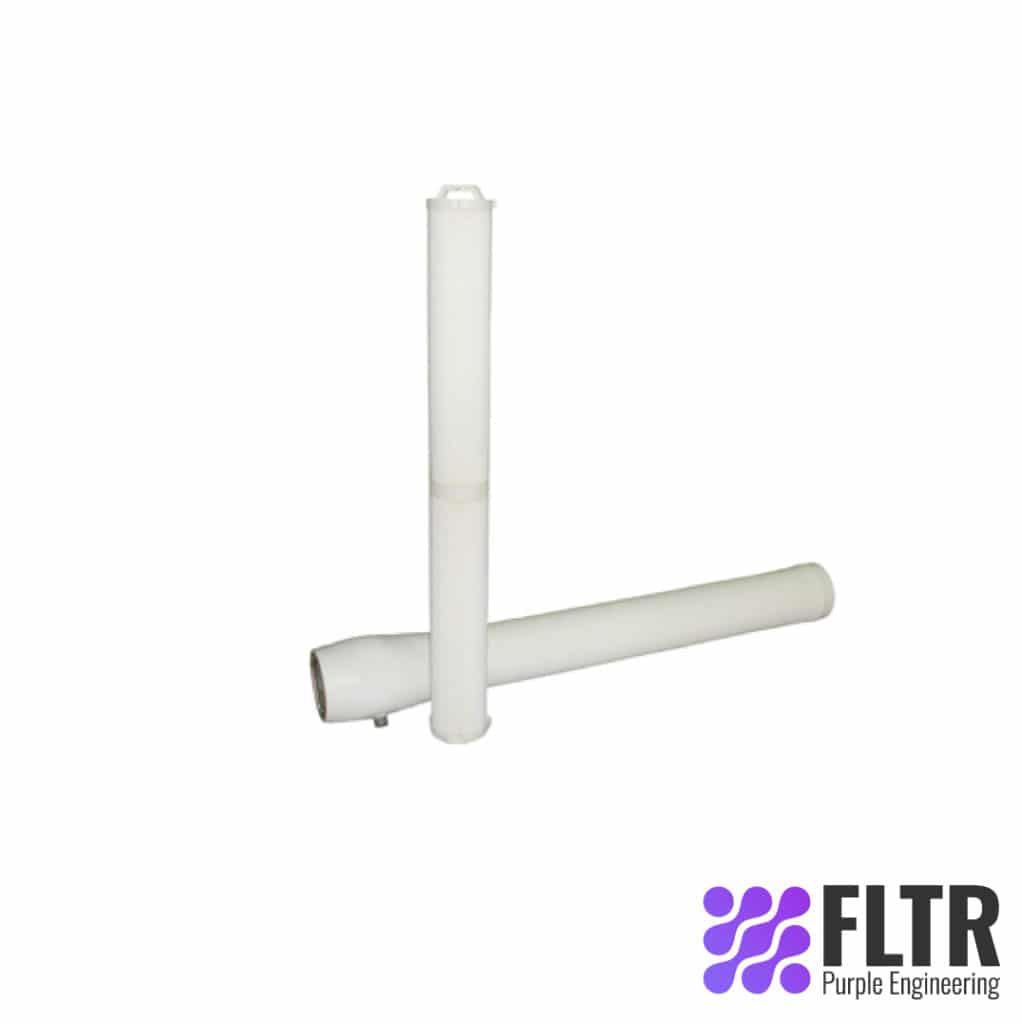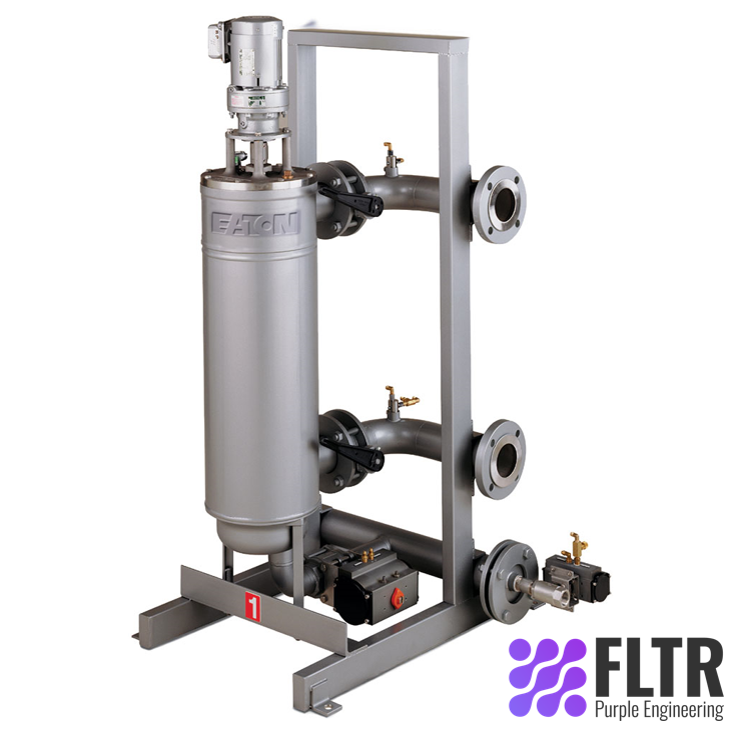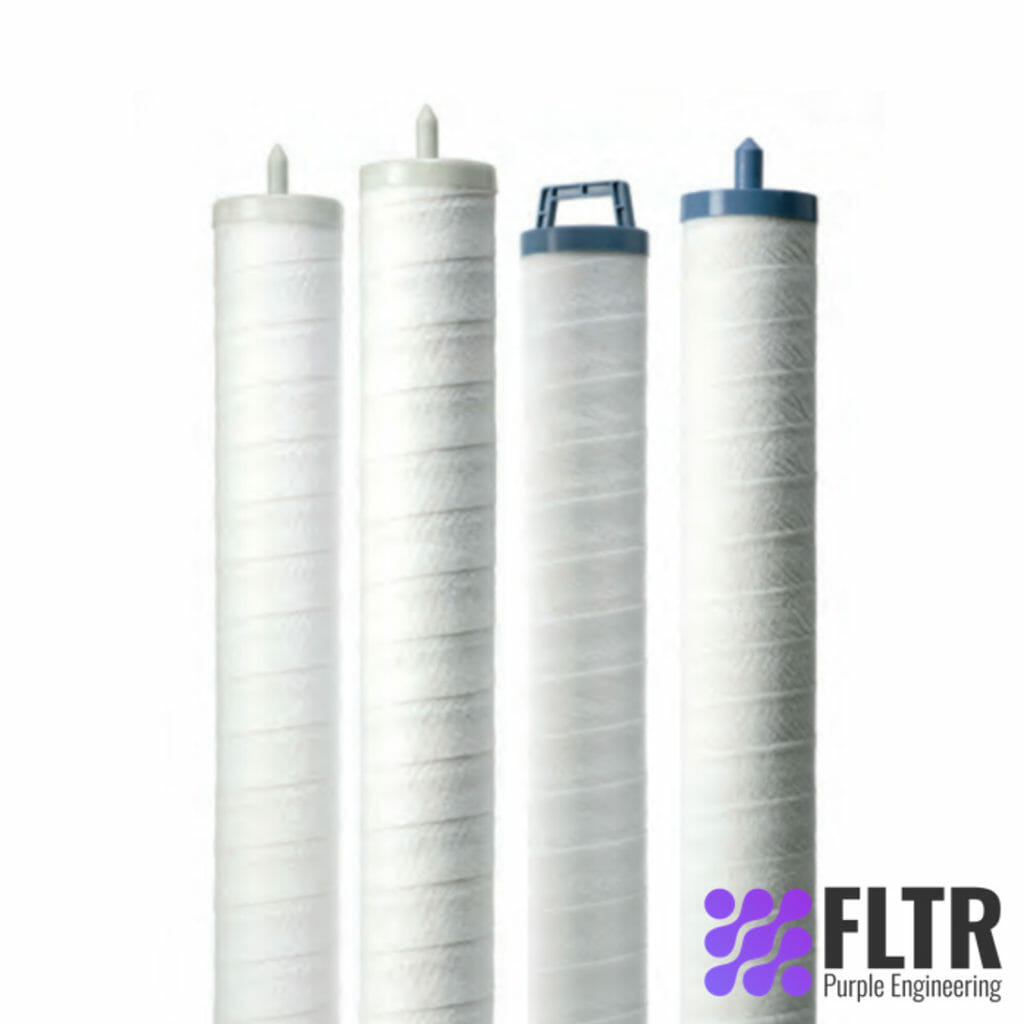Beer Filtration and Treatment Solutions.
Beer facts that you need to know for smarter sipping
Beer is one of the oldest beverages in the world. This universal beverage has a unique aroma and taste and is brewed with the oldest recipe on record. The production process is the secret behind the unique mouth-feel, aroma, freshness, and purity that you sense in every single sip.
The combination of four ingredients- (Water, Barley, Hops and, Yeast), and the precision involved behind the production process gives us a delicious beer. The magical brewing process is complex yet fascinating.

It has evolved a lot and the commercial beer production process includes Malting and Milling, Mashing and Lautering, Boiling, Fermenting, Conditioning and Filtering, Pasteurization and Packaging.
Why do we filter beer?
The level of filtration determines the quality of any brewed beverage, including beer. Care must be given to the filtration of beer compared to other beverages such as tea, coffee, and other cold beverages, as beer is prone to contamination. This is because of the way it is made, and it takes a longer time period from the beginning to the final step of the process. Further to this, the long-brewing process allows countless opportunities for contaminants to get added to the beer formula. Here are some the reasons filtering is important in the production of beer.


- To remove particles and produce clean and tasty beer.
As mentioned above, the brewing process is a complex and time-consuming one. Because of that, there are countless opportunities for contaminants to get added to the beer formula. Certain unit processes included in the overall beer production process may result in a lot of solid byproducts that stay in the beer-producing formula without proper filtration. Generally, resins, debris, and sediments are present in the beer production formula, but they should not be present in the final stage of the brewing process. It’s not good to serve your customers with a poor-quality product that doesn’t give the expected unique taste of beer. Properly filtered and cleaned beer will give a safe and better taste to the beer, and the presence of even small particles will disturb both the taste and unique aroma. This can be easily noticed if you open up a home-brewed beer bottle that has not gone through a proper filtration process. You can identify a layer of sludge and sediment at the bottom. It is unpleasant to taste beer with sediments. In commercial beer production customers wont accept poor quality beer, hence it is vitally important to filter out debris, bulk, resins, and all the sediments that disturb the feel and taste of beer.
- Remove excess Yeast.
Yeast plays a very important role in beer production. If you do not give proper attention, yeast can mess up the brewing process. Only proper filtration can minimize the yeast level that could stay over time in the beer formula and finally destroy the whole batch of beer by giving unpleasant taste and texture. Hence investing in a high-quality filtration system will help you to produce beer with proper taste and aroma. When all the yeast and proteins are filtered out to produce a brilliant clear formula, we call it a bright beer.
Therefore, if you are homebrewing or producing beer in bulk quantities, investing in a high-quality filtration system is a good move in order to produce clean, quality and, appetizing beer.
Filtration systems for quality Beer production
Removing solids from the liquid phase using a porous medium is called filtration. The size of particles and porosity of the medium are important to the effectiveness of the filtration. Particles larger than the pore openings will be captured by the filter. A wide range of particle sizes (1.0 μm-1.0 cm) can be filtered out from the beer bulk in different stages of the brewing process.
There are two types of filtration
- Depth filtration,
This is also known as powder filtration, which uses twisted and curved channels in the filter medium to trap particles. The medium can be Perlite, diatomaceous earth (DE), or other porous materials. Many small breweries perform only depth filtration.
Examples are
- Plate and frame,
- Screen
- Candle filters
- Surface filtration
This is a thin-film of material with pores smaller than the particles to be removed. Clarified liquid flows through the filter while captured particles remain on the filter surface.
Beer Trap Filters
This is done just after fermentation. This is usually done by using a Diatomaceous Earth (DE) filter. These filters are good at removing particles from the beer bulk that can affect beer quality. The beer trap filter has the ability to capture the particles in the beer bulk and enhance the quality of beer as beer bulk is bottled next. The liquid is always subjected to depth filtration at this stage using depth filters rated at 3-5 microns. These filters can trap yeast and other microorganisms that damage the unique taste, aroma, and color of beer.
Clarification
Clarification is performed if the beer bulk contains a high level of particles and microbes. Filter media with pore size 1-3 μm is used in clarification.
Bacteria Removal
Generally, beer gets spoiled by microbes like Pediococci, Lactobacilli, Megasphaera, Pectinatus species. If beer bulk contains Candida pelliculosa or Saccharomyces cerevisiae, beer brings odd flavors.
Bacteria removal is done as the final step of the brewing process. Hence this is the most cruitial step in the beer production process. Membrane filtration with 0.65 or 0.45-micron pore size is used in this step to filter out both yeast and bacteria. A membrane with a very small pore size is used here to make sure that bacteria including all the vegetative forms are removed from the beer mixture.
Process Gas Filtration
Particles and bacteria can become part of the beer, along with process gasses and get deposited in containers. Hence gas filters are used to remove such particles and bacteria being added to the beer bulk. Process gas blankets are used in storage tanks to prevent oxygen from getting in contact with the beer. 0.22micron pore size hydrophobic membranes are used.
What we offer
As a trending beverage and with the increase in popularity for beer, new technologies evolved in the market to make life easier in beer production. Brewers look for maximum yield of extract and hops in a single brewing process. Filtration and stabilization processes help brewers to minimize losses at the individual process unit. Hence FLTR is the best platform to find filtration solutions to minimize losses during production and achieve a good yield without harming the beer quality.
FLTR is a market leader in supplying filtration solutions all around the world. We provide our clients with cost-effective and innovative filtration solutions. Try out our products to feel high process security, easy in operation and, a low-maintenance system. Contact us today for a quote on our filtration products or use the search below to find the right product for you.
Enter Keyword or Part Number
Then press enter for search results




